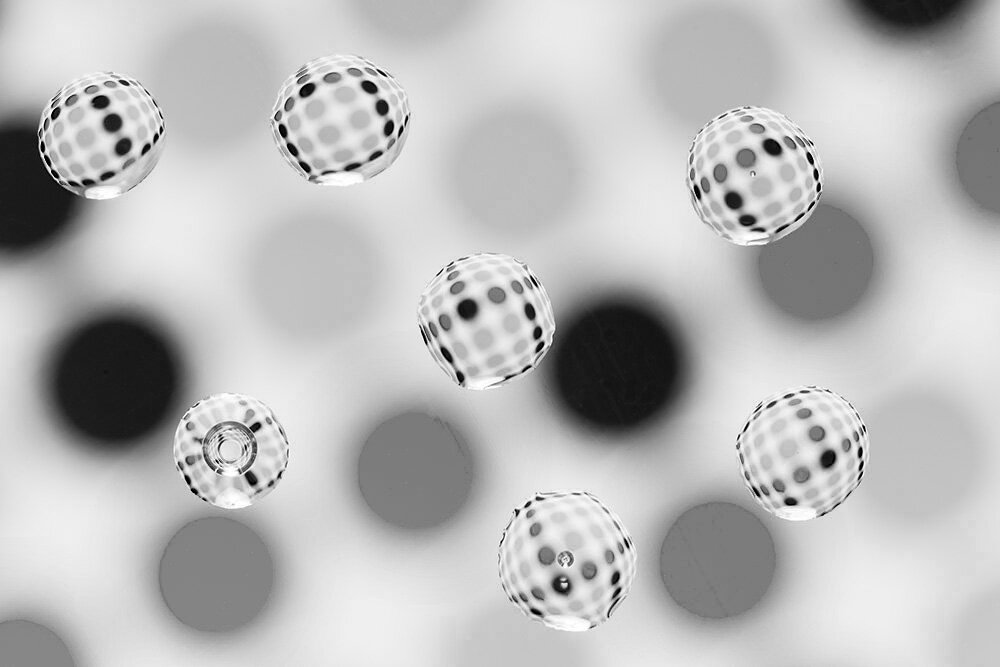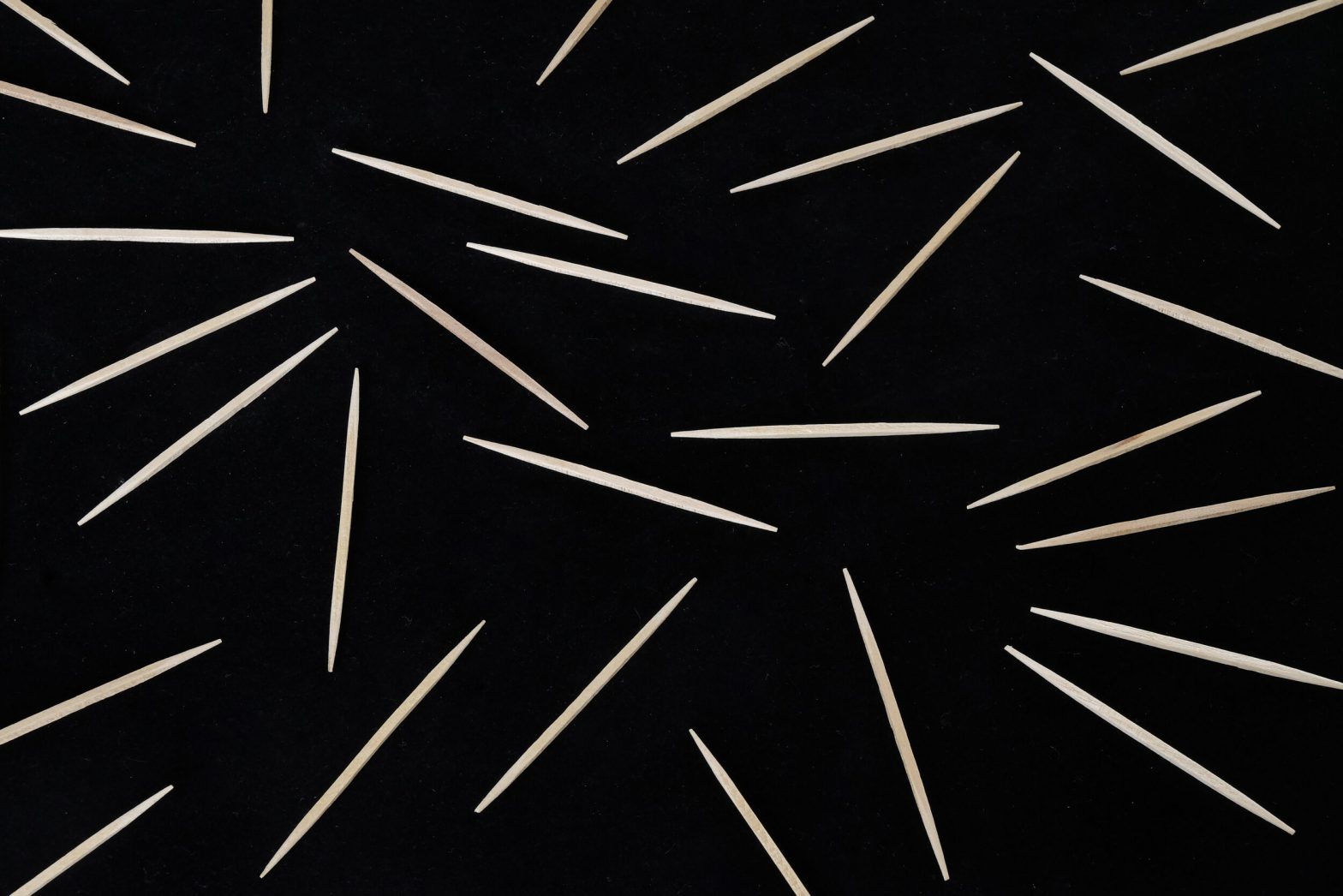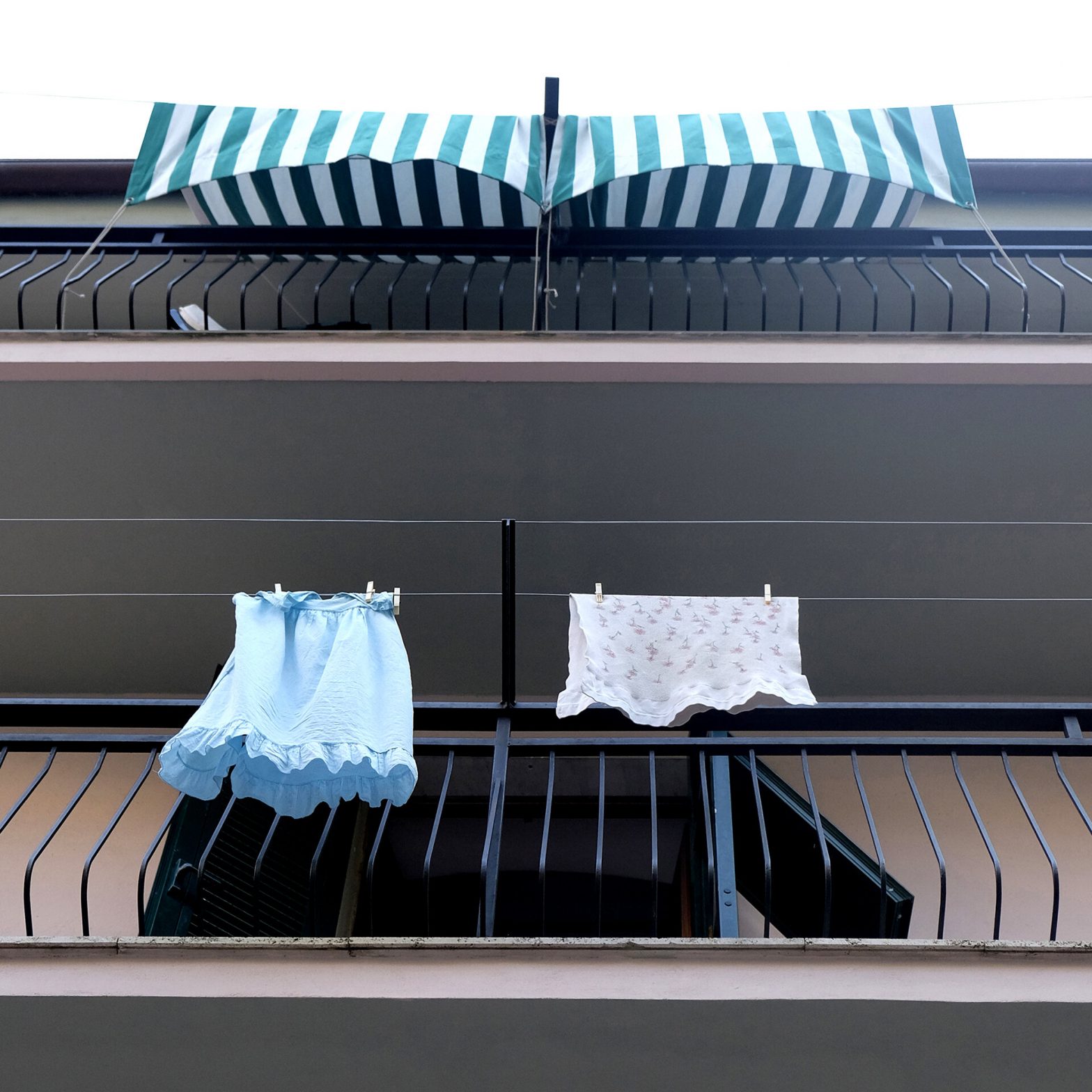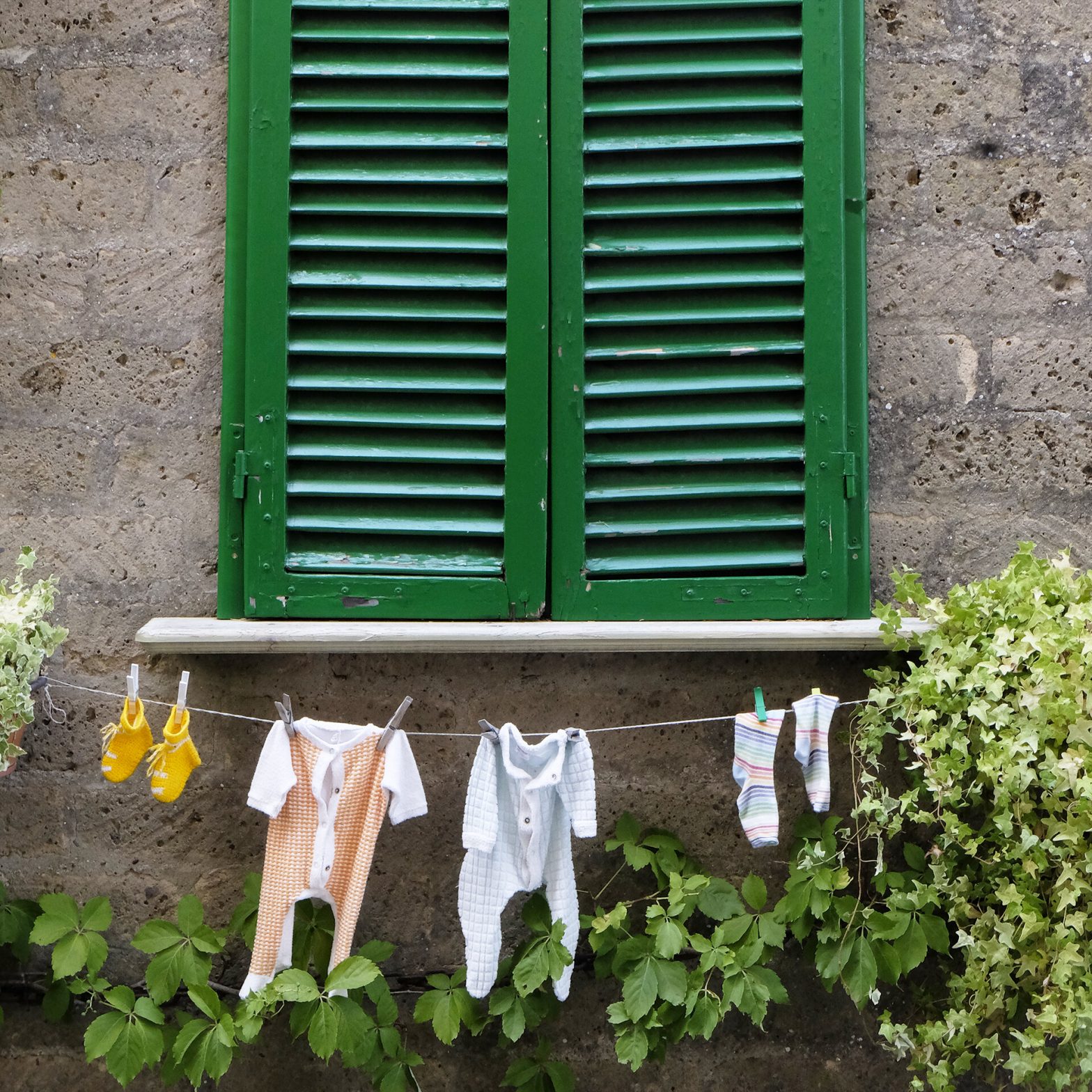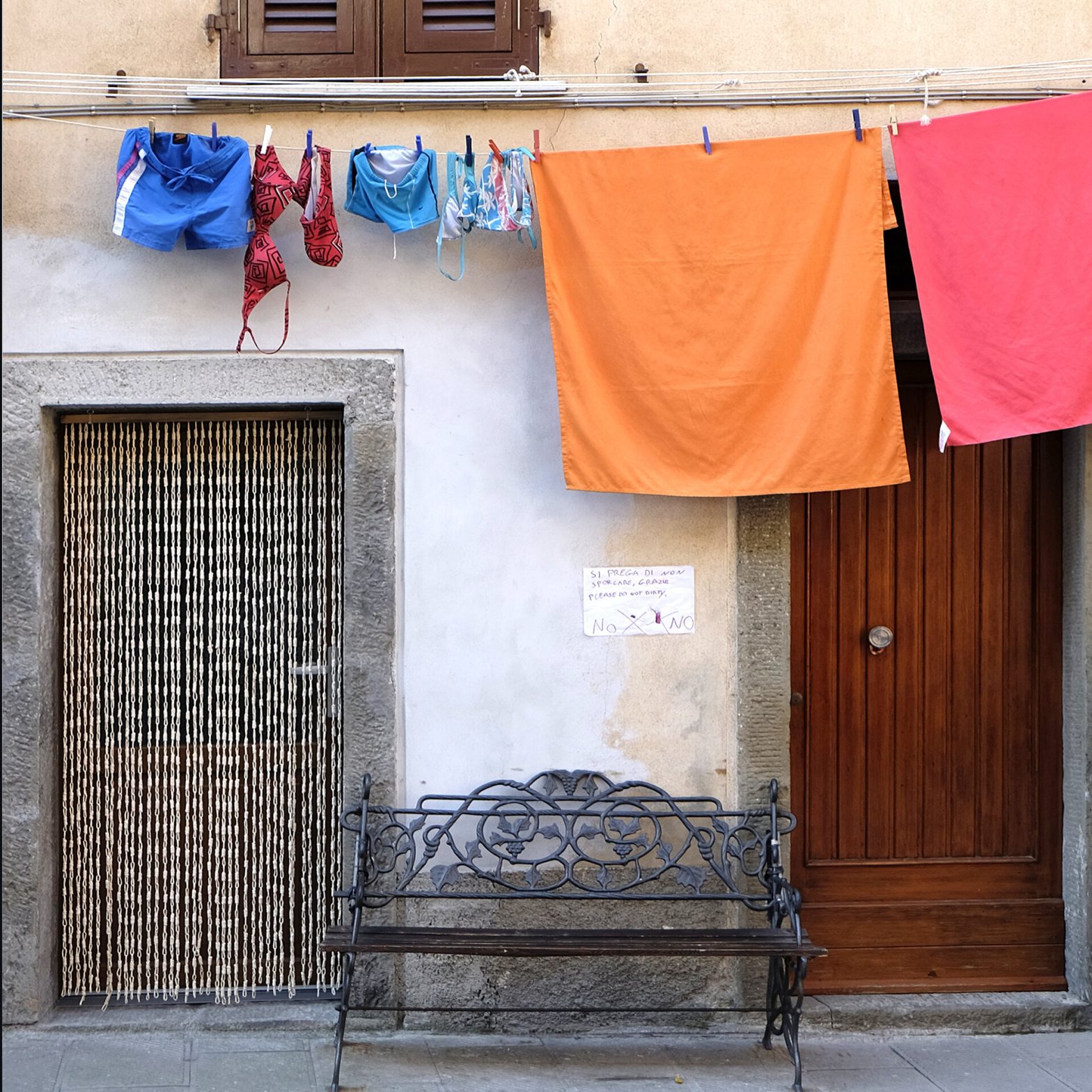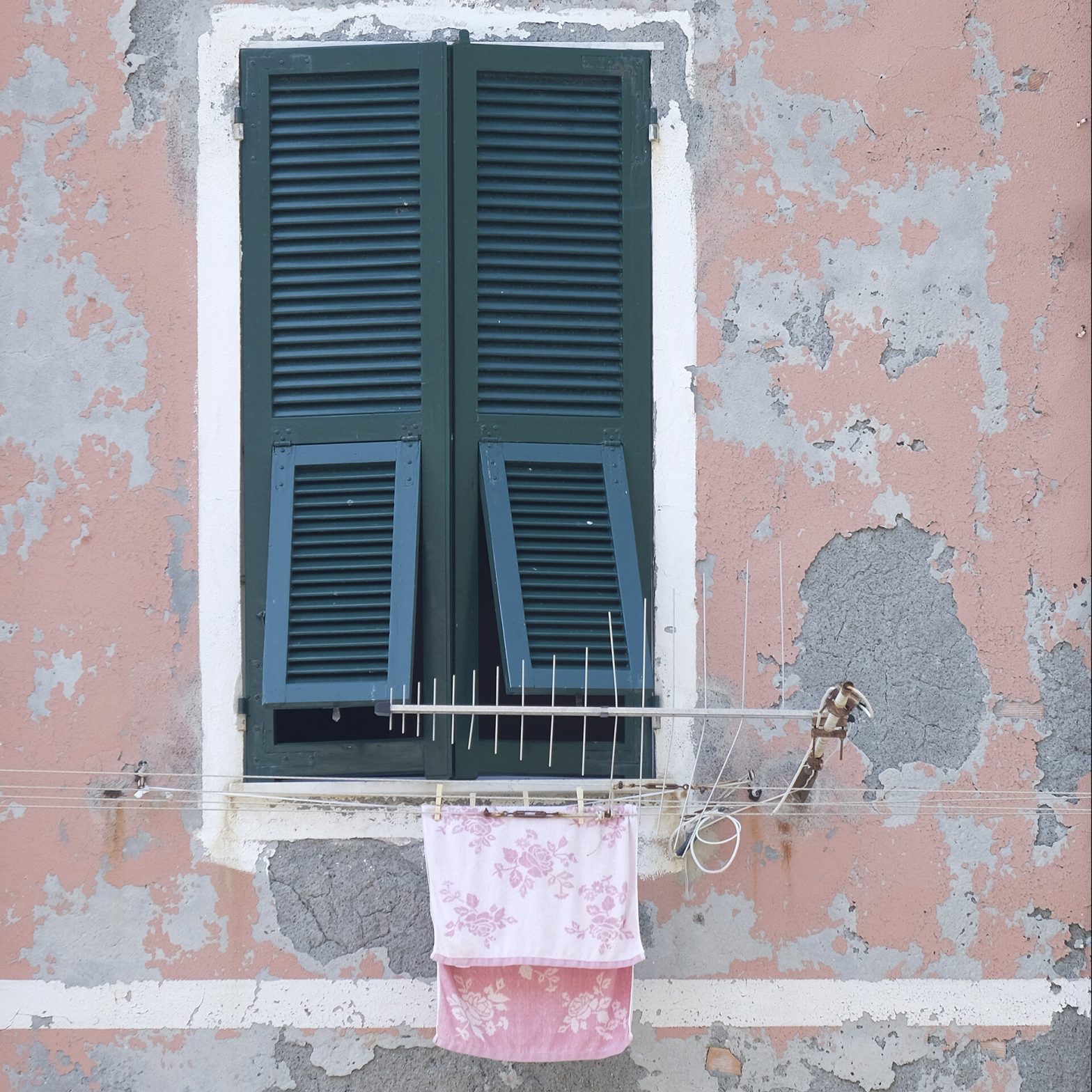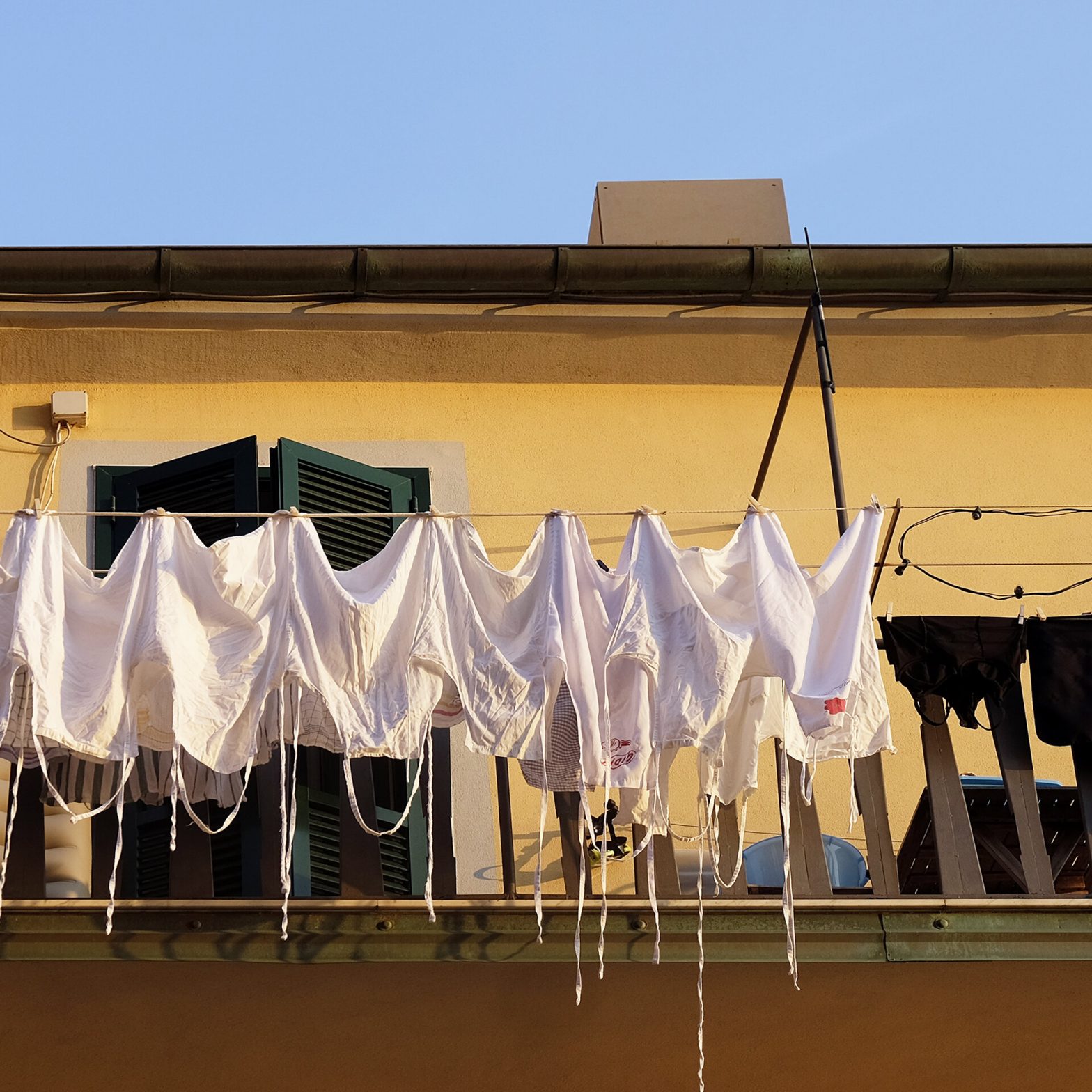Special Friend
I was seven the day my mother introduced us to her “special” friend. At the time I wasn’t expecting him to stick around long-term. I had guessed a few months or so, but I was not expecting him to become my mother’s new husband and take on the title as stepfather.
On that same day, I tried to imagine what he was going to be like. I imagined what I was going to say to him when the time came. I had no feelings toward him, but I had expected them to change over the course of the evening. That entire day, I watched as my mother and Jennifer danced around the kitchen and dining room, making sure everything was just right. They had been acting like the president was coming to dinner. They’d brought out all the fancy glass plates, you know the ones with the gold trim around the edge, the polished silverware, and those stiff white napkins that were really only for decoration and not for actual use. They had special cloths to clean the cups and wine glasses, and while dinner was getting warm in the oven, my mom vacuumed both up and downstairs, and even made me clean my own room, like he was going to be taking some grand tour of the place. I was beginning to think he might actually be the president, instead of a doctor, the way she had told us. No way someone deserves this much special treatment. Jennifer and I didn’t even get this on our birthdays. Although, we did get pretty awesome cakes. One year mine had those sparkler candles, the ones that are hard to blow out. It was nice.
“Andy, can you help?” I had been standing by the dining room table watching my sister place the forks. I don’t know why I hadn’t run away to hide in my room. “Hello?” she snapped at me. “Help me,” she said again, proceeding to hand me a bunch of silverware, telling me how to place them by the plates, and which fork went on which side and how to fold napkins properly.
“Is this necessary?” I asked her, purposely putting the fork on the wrong side. I was hoping she didn’t notice, but she did and grabbed it from my hand, giving me a glare in the process.
“Yes,” she said, fixing the fork. “Mama wants everything perfect, and so do I.”
“Why though? It’s just dinner. The same dinner we had yesterday, and the night before, and the week before and. . . .”
“I liked it a lot better when you weren’t talking.” Jennifer cocked her head to the side as I closed my mouth. “See, much better.” She pointed at the rest of the table and told me to finish, and not say anything else. “I also hope you plan on wearing something else,” she commented. I looked down at my outfit. A simple pair of sweatpants and t-shirt I’d slept in, and socks I hadn’t changed out of. “And I hope you shower,” she added. I continued to ignore her as I placed the last piece of silverware down. “Hello, I’m talking to you.”
“You told me not to talk,” I said.
“Not when I’m trying to have a conversation with you.”
That’s when our mother walked in, smoothing down her hair as she inspected our work. Of course, she fixed the place setting I had done and even went so far as to lift the wine glass and wipe the edges off.
“Perfect, right?” Jennifer asked.
“Yes.” She nodded, then turned to me. “Please get showered and changed.”
“It’s July, right?” I asked. My mom and Jennifer exchanged looks quickly.
“Yes, why?” my mom asked.
“So not November, meaning not Thanksgiving. Why are we getting all fancy like this for some guy?”
I heard the audible groan come from my sister. “Ignore him, Mama,” she said, but I knew my mother. I knew she wasn’t going to ignore my statement. In fact, I had expected her to yell at me, but instead, she didn’t. All she did was let out a long sigh, her shoulders rose and fell just slightly, then walked over to me, and placed her hand on my shoulder.
“Just get cleaned up,” she softly said and walked past me into the kitchen to check on dinner. My sister said something under her breath as she followed behind her, and then I was left in the dining room alone. In the kitchen I could see them wandering around and having a small conversation that was no doubt about me, and how I would react tonight.
Oh, I hope he doesn’t say anything rude.
I didn’t have to be listening to their conversation to know this was something along the lines of what my mother was saying about me.
Don’t worry Mama; if he does, I’ll be there to make it better, is probably what Jennifer would say.
They were acting like I was a bad person, like I was a bomb just waiting to go off. He wasn’t even here yet and already my mother and sister have chosen his side.
I took off upstairs and attempted to find the “best” outfit I could and took a shower that lasted longer than my mother would have liked.
When I came back downstairs, my sister and mother had changed into nice dresses. My sister’s dress was a nice blue color with little flowers printed all over it. She had pulled her hair back into a slick ponytail, and I’m pretty sure she was wearing the same perfume my mother had on. The black dress my mother was wearing was long and flowed behind her whenever she walked around. While we waited for this mystery man to show up, my mother kept finding herself in any of the reflective surfaces around the house. Whenever she did, she brought her hands up to her hair, combing through it with her fingers and tucking the hair behind her ears, then untucking it just to tuck it back again. Every so often she’d ask Jennifer how she looked. Once she even asked me, but honestly, my mother looked perfect every day, so it was hard to tell any different. She was nervous though, and it was obvious by the way she kept going back and forth between the kitchen and the dining room, moving plates around, or sticking a fork in the roast she’d made to taste if it was decent, which it always was. Regardless of how the night would go, I could count on the good food we were getting ready to eat.
The doorbell rang, and my mother literally jumped out of her skin. She turned to Jennifer and I, and told us to “act normal,” whatever that meant. Jennifer led me to the living room and sat us both down and put on the TV. I guessed this was her way of acting normal pretending to be watching something when he walked in. I got up on the couch and pulled myself as far over the back of it as I could, but I couldn’t see the front door, just the back of my mother.
“Get down and act civilized, please,” my sister ordered, pulling me by my shirt, but I pushed her off. I wanted to see this friend my mother was making such a fuss about.
My mother opened the door and I heard her greet him with a high-pitched hello and a hug. I could just see his arms wrap around her lower back before she took a step back to welcome him in. He wasn’t what I expected. I had this image of him in my head. For some reason, I just pictured my history teacher: fat belly, greasy, yet, thinning hair, and a real bad odor. This man didn’t look anything like that. He was tall and thin. The blue button-up shirt he was wearing was rolled up to his elbows, and the black slacks he was wearing were tailored just right.
“That’s him?” I commented aloud. Jennifer quickly joined me on the back of the couch to get a good look at him.
“Oh. He’s—”
“White.”
“That doesn’t matter . . . I was gonna say he’s handsome!” she squealed. “C’mon, let’s go meet him.” I hesitated, but just briefly, before climbing off the couch and following her.
“Oh, there they are,” my mom said. She was carrying the bottle of wine he’d brought, both of her hands gripping onto the bottle so tightly, I thought she would break it. She had this nervous smile on her face as she started to speak, “Kids, this is Jerry. Jerry, this is Jennifer,” and before my mother could even finish getting her name fully out, Jennifer practically leapt on him, hugging him and then shaking his hand furiously.
“Everyone calls me Jen,” she said.
“Nice to meet you, Jen,” he said back, giving a very wide smile. He has nice teeth, I thought.
“And this is Andrew,” added my mother. Her voice went up an octave as if to warn me to be nice.
“Andy,” my sister added quickly.
“Man of the house, how are you doing?” he asked, extending his hand to me. I guess it wasn’t nice to meet me. I shook his hand anyway, and it nearly cracked my bones. I couldn’t even figure out what to say to him.
“Andy is a little shy,” Jennifer started saying. “So don’t take it personally if he doesn’t say anything.”
“I understand. You all look great. And something smells great,” he said.
“We made dinner—roast beef—I pretty much made it myself,” my sister said, which made Jerry laugh and my mother, too, which then took them into the dining room. I followed slowly behind them, watching as Jerry walked. He commented on the house as he passed through. My mother was into earth-tone colors like browns, reds, and beige. She also liked flowers a lot, so they were literally everywhere. When you first walked in, there was a little table that had just one bowl for the keys and mail and stuff, then it was surrounded by the collection of fake ivy plants that tickled your hand when they rubbed up against it. In the dining room, not only was there a giant painting of a rose bush, but in the center of the table was a vase full of roses which changed colors every other week. And don’t even get me started on the way she decided to decorate our bathroomI like to think that if she could turn our house into an actual garden, she would. I’m talking rip up the carpets and replace it with dirt.
“It’s all so comfortable,” is what Jerry said about it.
“Here. Jerry, you sit here,” my sister ordered, pointing to the head of the table. “Andy and I are sitting on the sides and Mama is on the other end, that way you guys can see each other head on.”
“Sounds good to me,” Jerry said. Before he took his own seat, he pulled out both Jen’s and my mother’s chairs, and they both got all blushy and said how sweet and kind he was. I would have thought the same had he pulled out mine, but he didn’t. He just gave me a nod and a wink that I couldn’t interpret.
When the drinks had been poured, and the plates had been filled with food, and the prayer had been said, we began eating quietly, but only for a moment. In that moment, though, I watched Jerry as he enjoyed my mother’s meal (which was great, by the way). He had a thick beard and wore glasses that made his brown eyes look bigger than they actually were. And his hair was a dark color with strands hanging on his forehead. Every time he took a bite, his right eye would open wider than his other eye, and his right eyebrow would rise at the same time. It was the strangest thing I’d ever seen, but the longer I stared at him chew, I realized it wasn’t something he had control over. It was like a nerve, or something in his face was broken. I thought this defect would somehow make him less interesting, but if anything, I found myself not being able to take my eyes off him. My sister definitely didn’t find this odd habit Jerry had as something that would sway her opinion on him. She tucked her legs underneath, pushing herself up, making her appear taller. With her elbow on the table, she placed her head on her palm, getting his attention.
“Mama tells us you’re a doctor,” she said, smiling.
“I am,” he responded nicely. When he spoke his eye and eyebrow didn’t jump that way. I figured it was only a thing when he ate. If he was a doctor, why couldn’t he fix himself?
“What kind of doctor?”
“Neurosurgeon,” he told her. I didn’t know what that meant, but it sounded cool.
“So you have a lot of money.”
“Jennifer,” my mother warned.
Jerry laughed. “No, no, it’s okay. I, uh . . . do well for myself.” He’s rich, I thought.
“Mama’s a teacher,” my sister added, batting her eyelashes at him. I rolled my eyes because they obviously knew that kind of stuff about each other. I could only imagine how boring that conversation must have been: Oh, you’re a teacher? Nice, I’m a doctor. Oh you have kids, nice. Yawn.
“She teaches English at Georgia Tech. I’m gonna go there when I get older,” Jennifer added.
“It’s a good school. I graduated from University of Georgia,” Jerry said, smiling over at her. I narrowed my eyes and went back to eating my dinner. I then looked over to my mother, who was sitting upright, looking rather pleased with how the night was going. When she noticed I was staring, she winked at me the same way Jerry had earlier, and I found hers to be just as strange as his had been. It was like they were trying to send me a secret message that I wasn’t getting.
“Andy?” I looked over after hearing my name. Jerry was staring at me, so was my sister.
“How old are you? What grade are you in?” he asked me. Why does he care? I thought. Jerry took another bite of food, and that nerve thing with his eye and eyebrow came back, and now that he was looking directly right at me, I started to wonder if it hurt him.
“Andy, you want to tell Jerry how old you are?” my mother encouraged.
“He’s seven,” my sister answered quickly for me. “He’s in second grade, and I’m eleven.”
“Oh, my son is fourteen,” he mentioned.
Son? I thought. He’s got a son? Suddenly the idea of a brother popped into my head. Don’t get me wrong, I love my sister and my mom, but being around girls all day gets annoying. Having a brother would level the field, ya know? Someone I could play-fight with, someone else to make fun of Jennifer with. And since his son was older, he could beat up people if I told him they picked on me, or something. But then I realized if I got his son as my partner in crime, Jerry would be around too. Maybe if his son didn’t like him either, we could fight the world together.
“A son?” my sister’s head twisted, looking over at my mother, who busied herself with the wine in her cup. “Mama didn’t tell us you had a son,” she said, turning her attention back to Jerry. “Why didn’t you bring him?”
“He . . .” Jerry started pushing up his glasses. He was trying to come up with an excuse that would sound less disrespectful than the straight answer; his son didn’t want to come meet us. I knew that pause all too well. My mother created that pause. “He had a prior engagement, but I can promise you next time he’ll be here.”
“Next time?” I groaned to myself.
“Well, I’m sure he’s just as nice and handsome as you are,” my sister said, beaming over at him.
I nearly threw up.
“Who wants dessert?” my mother asked. “Andy, why don’t you grab the cobbler from the counter in the kitchen.”
I got up without a fight and made my way to the kitchen. I heard another conversation spark up, but I quickly realized it was just Jen saying more things about more stuff. I thought about escaping then. There was another entrance to our kitchen that lead to the hallway by the stairs. I could run up there and lock myself in my room, and not have to worry about this dinner anymore. I was at war with myself, though; part of me was kind of enjoying it, while the other was resisting everything about the night. I hadn’t realized how long I’d been standing there when Jerry came walking in. He was much taller than I thought. I got nervous as he approached, and he noticed.
“Your mother wanted me to check on you,” he said, holding up his hands in peace. “Need some help?” he asked, gesturing to the cobbler I was standing by. I shook my head. “Okay.” Jerry leaned his back against the counter and placed his hands in his pockets. “You know, when my son was your age, he was pretty quiet, too. It was like he couldn’t find a word he liked.” That made Jerry laugh a little. Why is he telling me this? I wondered.
“So then one day he started talking, and he never shut up,” he continued. “And it turned out he had a lot to say. He just needed someone to ask the right questions. Appeal to his needs, you know?”
“I guess so,” I spoke. Jerry’s eyes grew at the sound of my voice.
“This is probably a little weird to you, right? Some stranger coming into your family’s life. I want you to know my intentions are in the right place with your mother.”
“Intentions?” I wondered what that meant.
“Yeah, it just means . . . I would never do anything to hurt your mother,” he said.
“I hope not—her last relationship wasn’t very happy,” I told him.
“Really?” he asked, looking interested.
“She didn’t tell you about it?” I asked.
“No, she . . .”
I quickly grabbed the pan of cobbler and hurried back to the table. Jennifer had filled me in on some details about my mother’s past relationship with my father, but I remember hearing them on some nights, and what I heard sometimes haunted me at night.
Jerry followed me back to the table and took his place at the head of the table again. He was looking at my mother as if he had just heard the most horrible news ever. She told him all the boring stuff, but none of the important stuff, I guess.
“Everything okay?” my mom asked, looking between the two of us. Her eyebrows were knitted together and somehow, she’d gotten stiffer in her seat.
“Was he mean to you?” Jennifer asked Jerry, sliding me a glare in the process.
“No, not at all.” He shook his head, but never took his eyes off my mom. I knew they would be having a conversation about this later. If only I could listen in on that. Maybe him knowing about her past would scare him away.
The topic of my mother’s old relationship lingered over the room, but thankfully Jennifer was able to keep talking, to keep us distracted. After the dessert, my mom and Jerry went to the kitchen to wash the dishes, while Jennifer and I went back to the couch. I wanted to be a fly on the wall and listen in to what they were talking about.
“I like him,” Jen said, sighing like she had just fallen in love. She leaned back on the couch, pulling her legs underneath her. “He’s smart and handsome and he smells good. What do you think?”
“I think he’s too tall.”
“I think he’s perfect. I think he and mom are perfect for each other.”
“You think they’ll get married?” I asked her.
“If she doesn’t marry him, I will. And what about his son? You think he’s nice? He’s gotta be nice. I always wanted a brother.” She squealed.
“You have a brother,” I said, pointing at myself.
“Like another brother. Like someone older, that way we have someone to look after us,” she said.
“Mom looks after us.”
“That’s because she has to. I want someone who will watch after us because they want to, you know?”
“Right,” I said. I wasn’t sure what she meant, but I liked the way it made me feel.
Jerry left about an hour later. He said he had a great time and that it had been the best dinner he’d ever had. And then he promised to bring his son, Nathan, the next time, and next time we would go to his house. Jen was thrilled and so was my mother, and I guessed their conversation was successful, because there was going to be a next time. And, the war that was brewing inside was fueled again, trying to decide whether I liked Jerry, or if it was the idea of something new to look forward to, instead of coming home to the same thing every day. Or maybe, maybe . . . it was because, finally after all this time, my mother was smiling like she meant it again.

